It is overland tour to Mt. Wudangshan in Hubei province from Xian. Hubei province is located in mid China connecting many provinces in China by convenient transportation of railway, cruise, and flights......
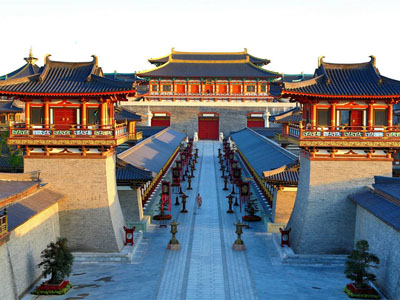
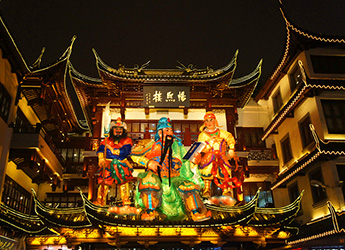 Regardless of size, numerous walled cities in antique China had a temple devoted to one or more immortal or god as the spirit or guard of the city.
Regardless of size, numerous walled cities in antique China had a temple devoted to one or more immortal or god as the spirit or guard of the city.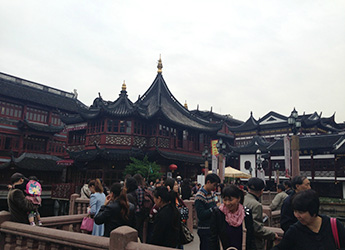 Shanghai Huang Miao remains as a very famous food road in Shanghai Chenghuang Temple. There are many well-known Shanghai local drinks available in Chenghuang Ancient Street, together with national and foreign tourists who favor visiting this place to gain the Shanghai food experience. The unusual dim sum in Lubolang Cafe, the Chinese vegetable cooked in Songyuelou, the Babao rice banquet in Songyuelou, and also the Nanxiang Chinese are very special, all these can be found in the ancient street.
Shanghai Huang Miao remains as a very famous food road in Shanghai Chenghuang Temple. There are many well-known Shanghai local drinks available in Chenghuang Ancient Street, together with national and foreign tourists who favor visiting this place to gain the Shanghai food experience. The unusual dim sum in Lubolang Cafe, the Chinese vegetable cooked in Songyuelou, the Babao rice banquet in Songyuelou, and also the Nanxiang Chinese are very special, all these can be found in the ancient street.
It is overland tour to Mt. Wudangshan in Hubei province from Xian. Hubei province is located in mid China connecting many provinces in China by convenient transportation of railway, cruise, and flights......
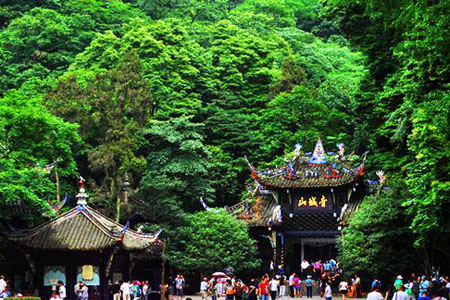
One day classic tours of Chengdu to Mt. Qingchengshan and Dujiangyan Dam will show tourist the profound of ancient Chinese wisdom and culture in harmony relation with the world. ......
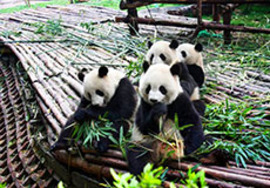
The most classic one day Chengdu tours will bring tourist to Chengdu Giant panda garden and Leshan giant buddha with private travel guide and car in Chengdu, extremely convenient and easy!......
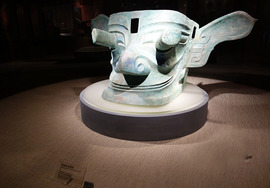
One days best Chengdu tours bring tourist to Sanxingdui museum and giant panda garden with private guide and car, making your tour in Chengdu easy. ......
This panda volunteer work provide tourist with one days unique experience of Panda volunteer project works and bring them an intimate touch with Giant pandas, also the best way to learn deep about pand......
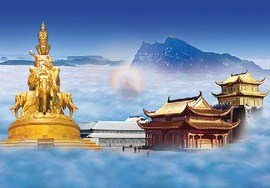
It is tour from the only one operator in Chengdu tours market offering Emeishan and Leshan tours by bullet train. Our highlights including Leshan Giant Buddha and Mt Emeishan. ......

